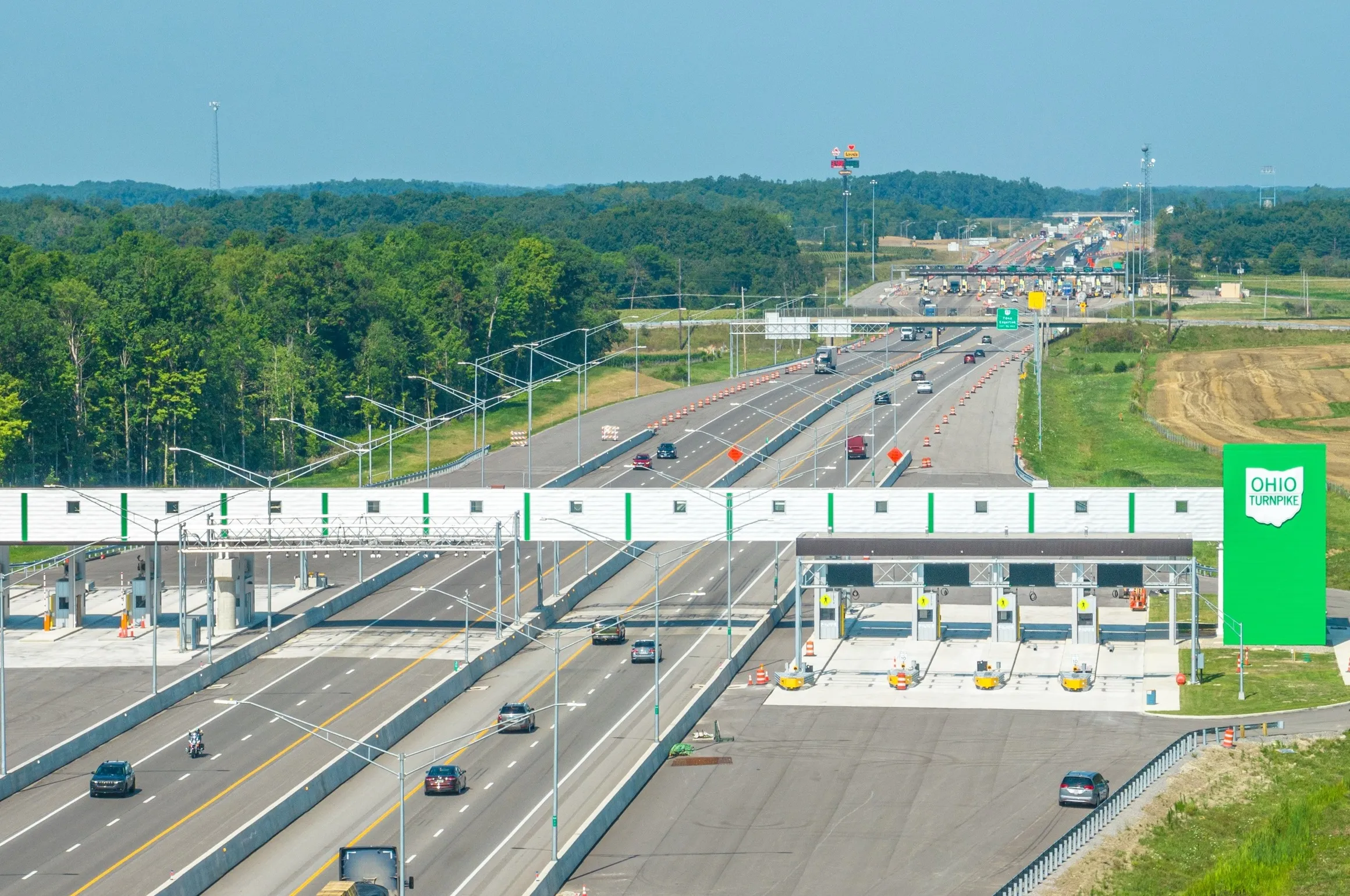Massachusetts Department of Transportation (MassDOT) is committed to implementing all-electronic tolling (AET) by the middle of 2016; the Tobin Bridge will be converted first as a demonstration to familiarise the public, according to Frank DePaola, the state's highway administrator. The state is going all-electronic because with modern technology it's the most cost-effective way to collect tolls, and because it reduces delays to motorists and improves safety at toll points, he said. MassDOT has estimated it
March 8, 2013
Read time: 3 mins
The state is going all-electronic because with modern technology it's the most cost-effective way to collect tolls, and because it reduces delays to motorists and improves safety at toll points, he said. MassDOT has estimated it will save IS$45 million a year in operating expenses with AET.
He said an important part of the conversion will be establishing reciprocal arrangements with other states to support one another's enforcement of deadbeat motorists who don't pay toll bills under open road toll arrangements.
Massachusetts has a reciprocity agreement with New Hampshire and Maine and they support one another's toll collection with access to motor registry files the names and addresses of owners whose license plates have been imaged by toll cameras. DePaola is keen to explore similar arrangements with Connecticut, New York and New Jersey in particular, but other states as well, in order to address so-called 'leakage' or non-collection of tolls under AET.
Although
Frank DePaulo said they estimate the total cost of the all-electronic conversion at US$118 million of which US$44 million is their anticipated toll system and equipment. Much of the remainder will be civil works to clean up the old toll plazas.
Their plan is to move to a new mileage-based set of toll rates when they convert. The distinction between the ticket or trip-based tolling and the barrier tolls will end, as segments will be tolled on the mainline throughout. The plan is to do the conversion in one phase with everything in place and tested throughout the system.
According to DePaola, MassDOT will be pushing to increase E-ZPass transponder usage between now and conversion in order to minimise reliance on cameras. He said the Tobin Bridge is the demonstration project in part because it already has high E-ZPass usage of 70 to 80 per cent.








